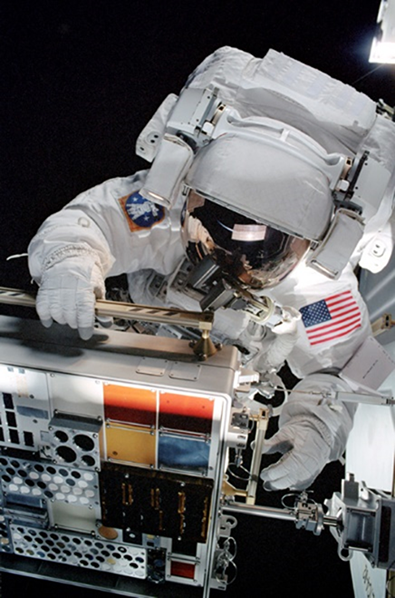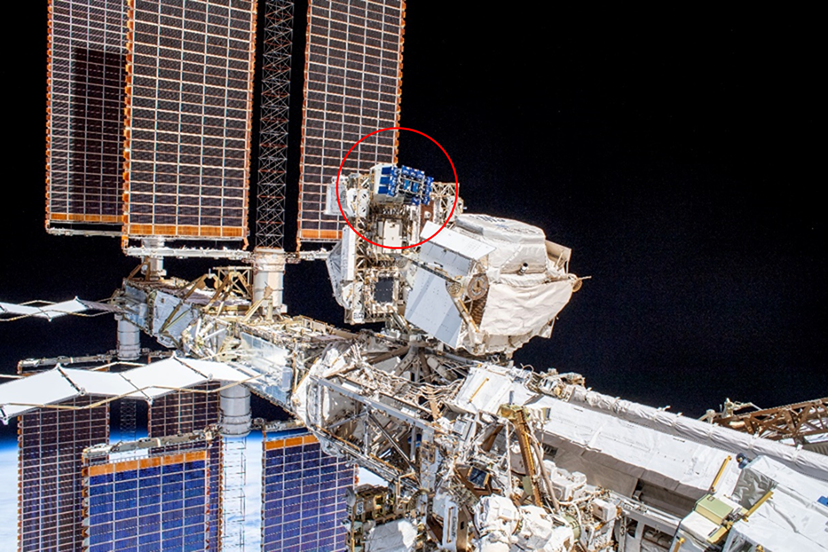Insomnia problems, various pains, congestion and allergies are all common ailments for those taking part in a space mission. Here because l’accesso alle forniture mediche è una delle principali preoccupazioni per gli astronauti. So, how to make a certain drug last under extreme conditions 
Una domanda a cui le agenzie hanno spesso tentato di rispondere. D’altronde, l’uso di farmaci da parte dei membri dell’equipaggio americano sulla Stazione Spaziale Internazionale (ISS) è stato already monitored between 2002 and 2012.
According to the data collected, the astronauts have used sleeping pills 10 times more often dei “terrestri”. Hanno inoltre utilizzato molto ibuprofene per il dolore derivante dalle variazioni della pressione del volo spaziale, livelli più elevati di anidride carbonica e problemi alle articolazioni.
D’altronde, sfortunatamente, più lungo è il volo spaziale e the greater the chances of suffering from acute pathologies, with quite common health problems such as a weakened immune system, bone decalcification and low blood pressure.
On Earth, most drugs expire within a year but in space, that's it it can occur even earlier, due to cosmic radiation and other extreme conditions, unless a protective system is used under controlled conditions.
Per capire quindi come prolungare la durata della vita dei farmaci nello spazio, il dottor Volker Hessel, dell’Università di Adelaide, ha formato un team di ricercatori per ship several common drugs into space, e studiarne l’evoluzione.
After a year, only two of the six ibuprofen tablets have retained their physical and chemical properties. Furthermore, a fact that made the team think was that some excipients contained in certain tablets of the drug protected it from degradation.
Volker and his group then coated some tablets with iron oxide, which thanks to its high density is able to block gamma radiation, in such a way as to compare its new protection with that offered by some of the artificial chemical flavors that had helped preserve ibuprofen tablets.
From the data obtained, still raw, they understood that a particular type of radiation, beta radiation (involving high-energy electrons), can collide with molecules, breaking their atomic bonds and turning them into free radicals that can react with other molecules. This causes a chain reaction responsible for rapid degeneration of the tablet.
This new knowledge could help produce more durable drugs per l’esplorazione dello spazio. Con SpaceX che prevede di send humans to Mars by 2030, the astronauts will badly need medicine that can last throughout the journey.
Source: evermeye.it – 17 agosto 2022 by Biagio Daniele Rapinese
Related news: Materials International Space Station Experiment (MISSE)
Space Medicines for Space Health – ACS Med. Chem. Lett. 2022, 13, 8, 1231–1247 Publication Date:April 28, Published in issue August 11, 2022
